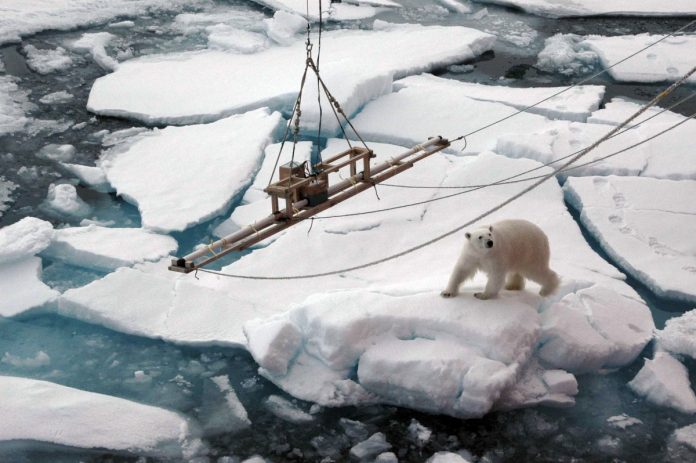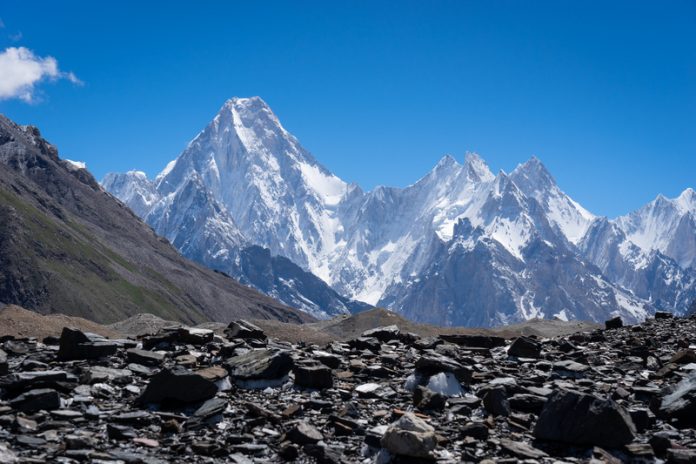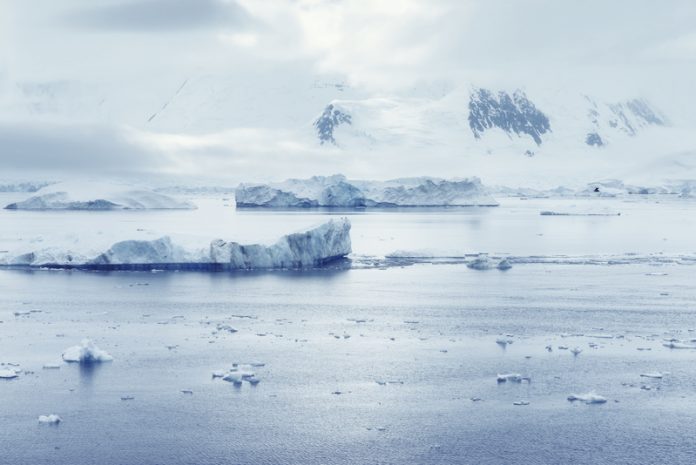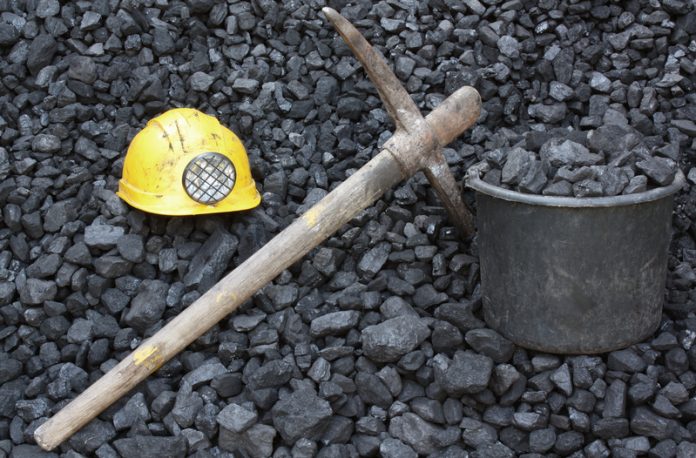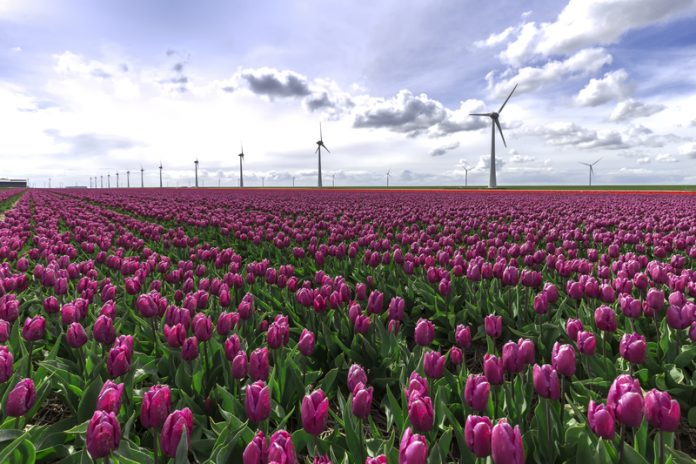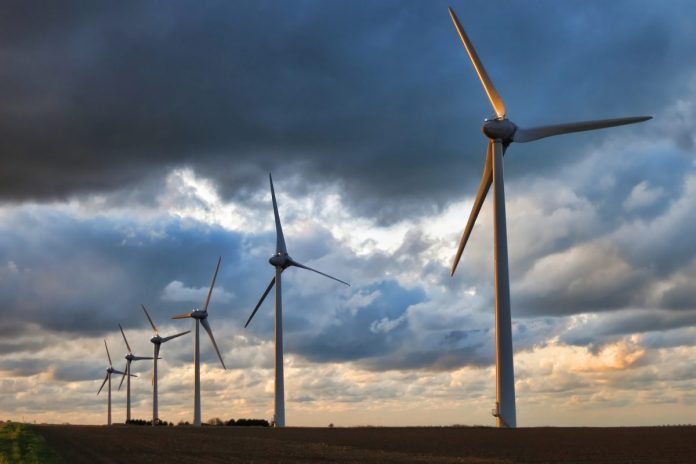Home Search
earth systems - search results
If you're not happy with the results, please do another search
Rapid change of the Arctic climate system and its global influences
Dr Takashi Yamanouchi from the National Institute of Polar Research highlights the Green Network of Excellence (GRENE) Arctic Climate Change Research project and its impact
The Arctic has become a hot topic not only in the scientific sector, but also in society, due to the abrupt retreat in summer sea...
Volcanic hazard assessment and risk management
The impact of a natural event such as a volcanic eruption can significantly disrupt human life. The long periods of quiescence that are quite common in many volcanic areas often lead to a fall in vigilance whose consequences may include a lack of preparation for dealing with a volcanic...
Mountains and Climate Change
It is well known that the current rate of warming in response to increasing ‘greenhouse-gas’ concentrations (e.g. CO2) is amplified at high latitudes and with increasing elevation in mountains. This rapid warming has important implications for ecosystems, human activities, and alpine biota. Linked to this warming are a glacial...
Understanding the Arctic environment
Nate Bauer and Hajo Eicken from the International Arctic Research Center (IARC), highlight how research can help gain invaluable knowledge about the Arctic and its surrounding environments
Across the Arctic, researchers continue to identify signals that the region and its ecosystems act as an important amplifier of global climate change. While the...
What can the net energy analyst say to the investor and policymaker?
In the modern energy system, upwards of 10% of the total primary energy supply is expended to find, develop, extract, transform, and transport energy carriers to end-users 1. Some particularly challenging resources, such as heavy oil, require an even larger fractional expenditure for their extraction and processing. This energy...
A number one funding source for Russian basic science
Alexander Khlunov, Director of the Russian Science Foundation (RSF) gives an overview of how the Foundation supports research throughout the country
The Russian Science Foundation (RSF) was launched in November 2013; its operation is governed by a special federal law. Incorporated as a foundation, RSF proves a more flexible and...
The climate’s beating heart: Myths and maths
It stores heat, greenhouse gases and gives back at a measured rate. It is the World’s Ocean. As a player in our understanding and predicting the climate on Earth, it has had a supporting role to the atmosphere. But things have changed and it is moving to center-stage.
To a...
Volcanoes and geothermal and mineral resources
Analogue and numerical modelling
Volcanoes are one of the main geological systems hosting economic and energetic reservoirs; i.e. geothermal energy. As soon as magma (i.e. molten rock generated at the Earth interior) enters the crust, for example, as a shallow intrusion beneath a volcano, the normal geothermal gradient of about...
Managing the transition to a sustainable energy future
There are five major challenges in transitioning to a sustainable energy future. First, scale; the energy system must supply adequate energy to meet the needs of the expected global population growth over the next century. Second, availability; our current energy system is largely dependent on finite, non-renewable energy resources...
Evaluating sustainable energy
Elena Nekhaev, Programmes Director at the World Energy Council, details how energy analysis is important in order to achieve future energy sustainability
According to the World Energy Council’s Scenarios, the total primary energy supply (TPES ) will increase by 27-61% by 2050 and despite the continuing strong growth of renewables,...
BFS blue Enterprises technology. The solution “Converting CO2”
Because of the human cycles of production and consumption, our food, energy and environment are intricately linked. According to the projected growth of the world population (9.1 billion people by 2050) and consistent global development, it is increasingly difficult to satisfy our world with sufficient food and energy.
BFS blue...
Pesticides and sustainable agricultural productivity
Gavin Whitmore, Biodiversity Manager at the European Crop Protection Association (ECPA) explains the importance of crop protection for sustainable agriculture
Pesticides are perhaps one of the most misunderstood technologies used in modern agriculture. There are currently no viable alternatives to chemical crop protection, and in spite of an enormous volume of...
Evaluating sustainable energy
Elena Nekhaev, Programmes Director at the World Energy Council, details how energy analysis is important in order to achieve future energy sustainability
According to the World Energy Council’s Scenarios, the total primary energy supply (TPES ) will increase by 27-61% by 2050 and despite the continuing strong growth of renewables,...
A new bio-based sorbent for water and wastewater treatment applications
Water is essential to life and there is no substitute to it. It is one of the most important natural resources on Earth contributing in many aspects of our lives, namely economy, ecosystems, and personal welfare. In our modern societies, water is essential to many industries and to agriculture....
Climate change and plants- a disaster waiting to happen?
Suzanne Sharrock, Director of Global Programmes at the Botanic Gardens Conservation International (BGCI) discusses the impact of climate change on plants
There is unequivocal evidence that the Earth’s climate is warming at an unprecedented rate. Recent reports show that the Earth has warmed by about 0.74°C in the last 100...
BFS blue Enterprises technology
When removing CO2 is no longer a problem and becomes an opportunity
According to the recent Fifth Assessment Synthesis Report presented in Copenhagen by the Intergovernmental Panel on Climate Change (IPPCC) to face the irreversible effects of climate change greenhouse gas emissions need to fall as much as 70% around...
The Arctic: A global climate “canary in a coal mine”
Dr Jan-Gunnar Winther, Director of the Norwegian Polar Institute, explains how a dramatically warming Arctic heralds global changes to come
It is a documented fact that no region of the planet is experiencing more dramatic climate change than the Arctic. In recent years, this has resulted in melting glaciers, rapid...
Volcanology and Geothermal Research
Volcanoes and geothermal and mineral resources – Exploring subsurface geology
Most of the economic and energy resources are found in the subsurface. Exploration in the search of water reservoirs, hydrocarbons, mineral deposits, and geothermal underground resources is therefore of greatest societal relevance.
The knowledge of the existing resources in the subsurface...
Change in perspective
3 of 4 special reports on non-chemical cell communication.
When we add the cell’s endogenous electrodynamic fields into our models about cell dynamics we also change our perspective. This short essay wants to show how this then can affect our understanding and questioning about evolution and self-organization.
Evolutionary biology basically refers to...
Resilient aircraft for delivering aid
Defence Journalist Tony Hall sheds light on how indispensable military aircraft have become in emergency situations to dispense humanitarian relief…
The first international response to any humanitarian crisis today is the dispatch of transport aircraft carrying aid. Whether they are providing emergency medical supplies to the Ebola-stricken states of West...


